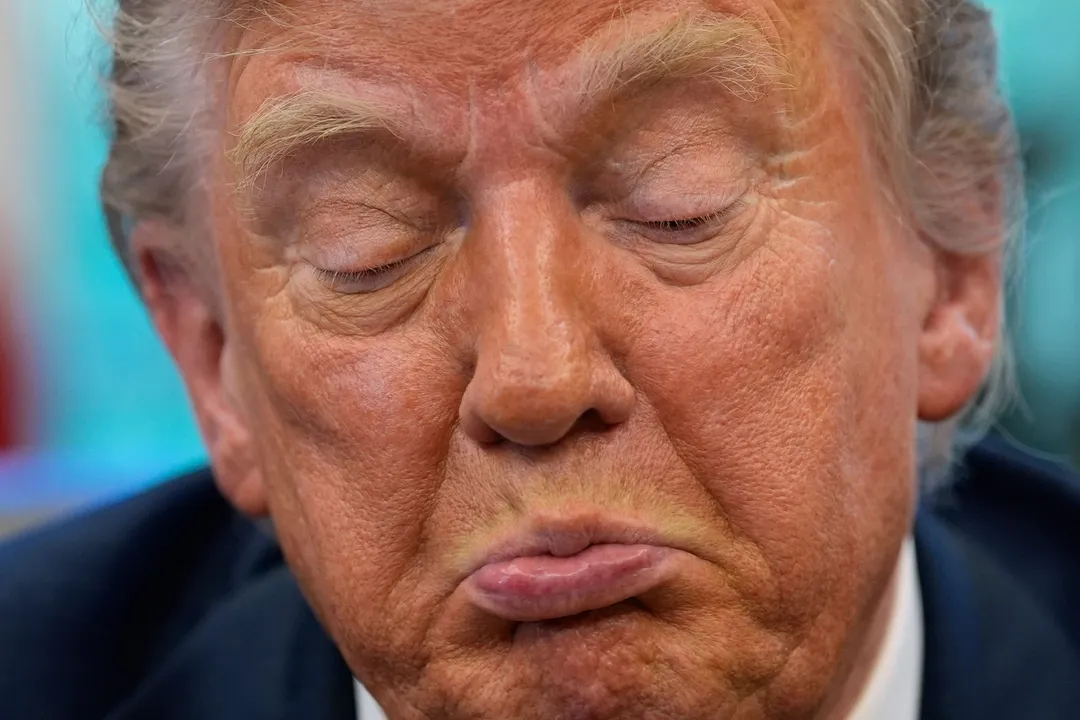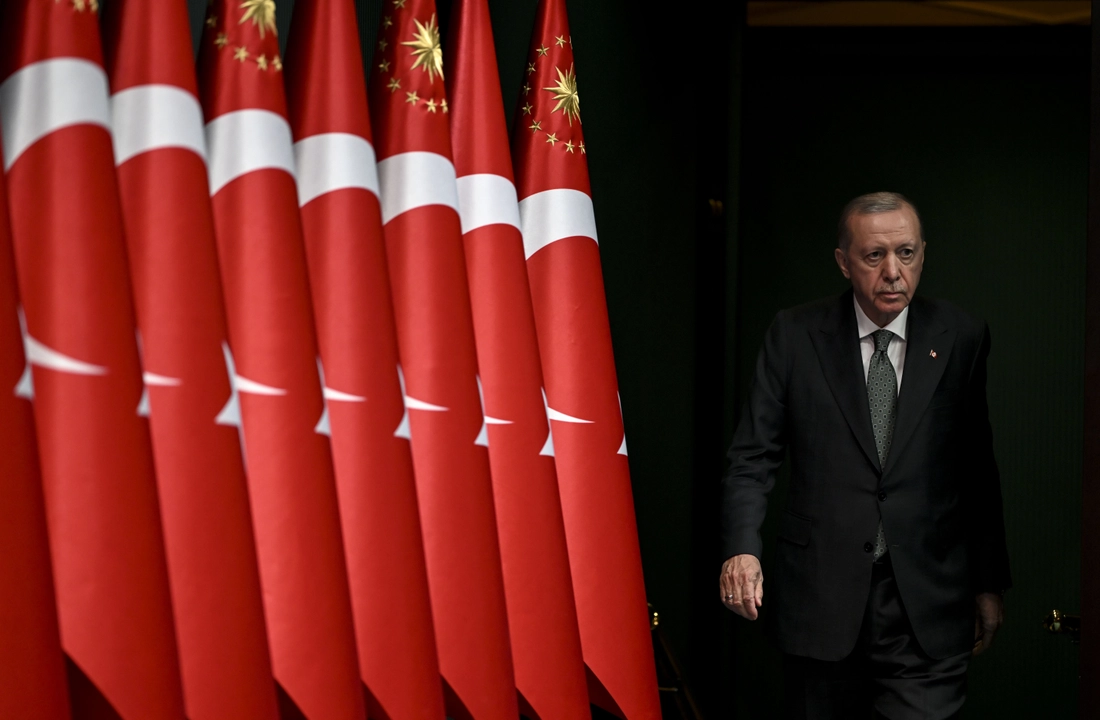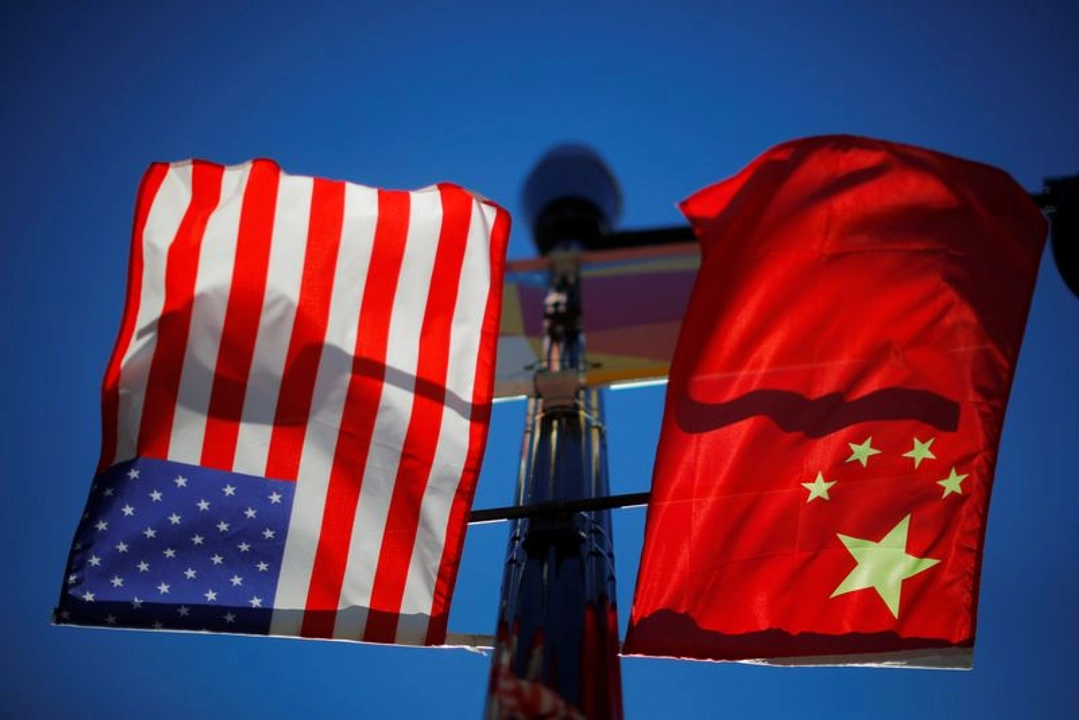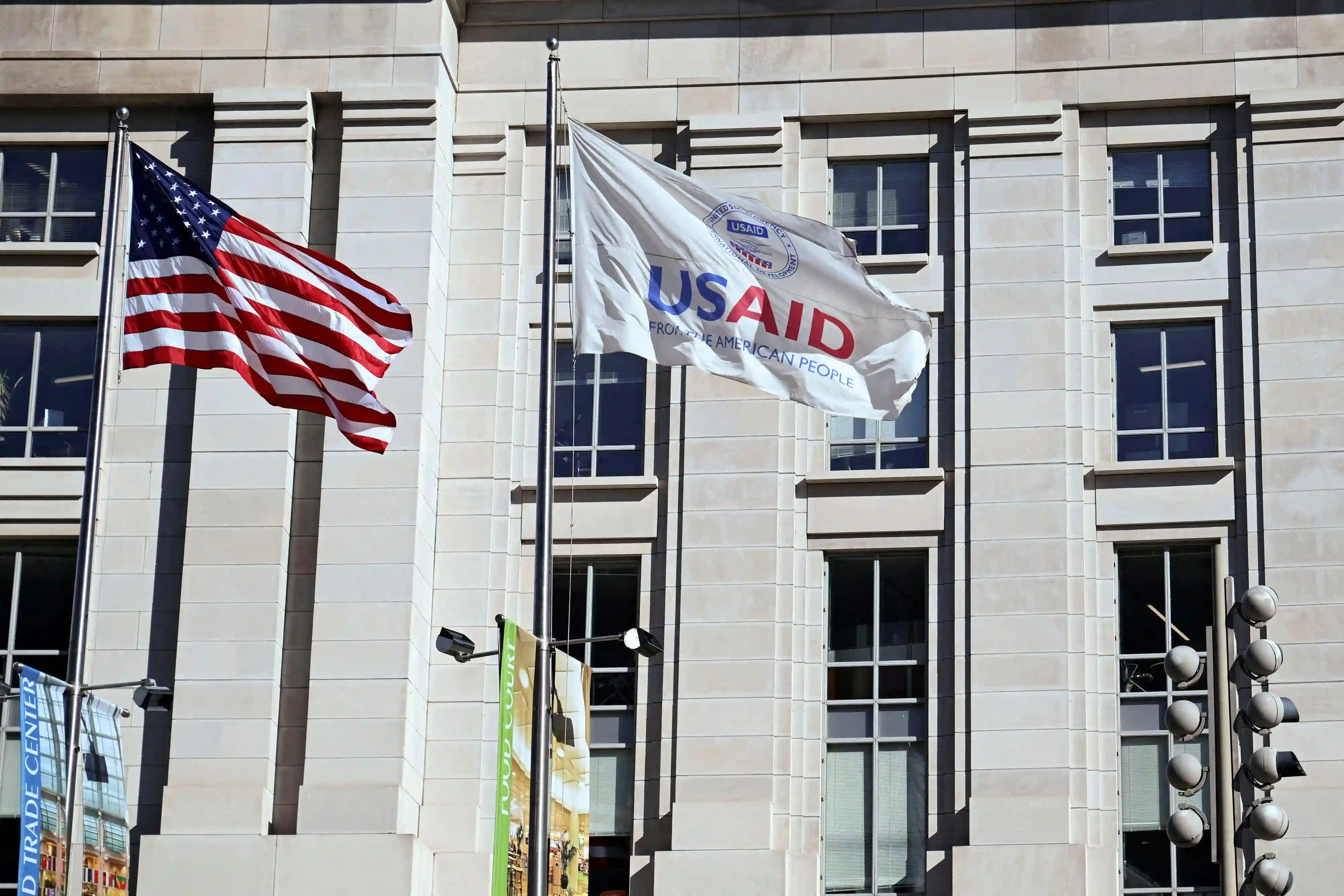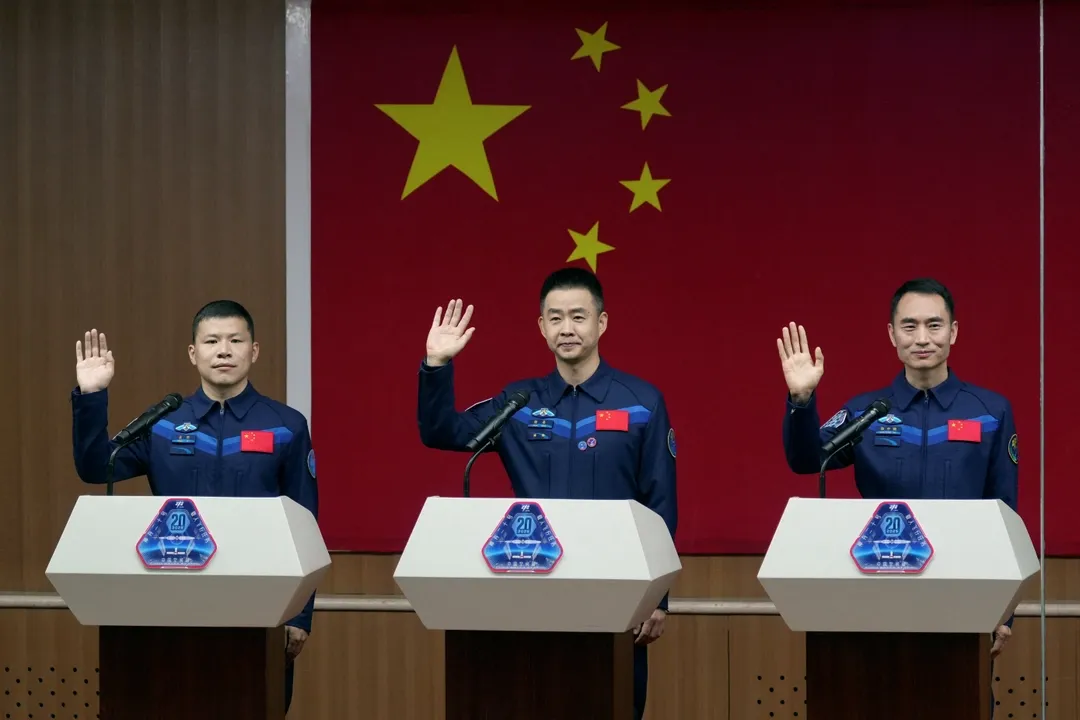Global stock markets rallied after Donald Trump softened his trade stance, pledging to reduce China tariffs and retain Fed Chair Jerome Powell. Investors welcomed the shift following weeks of market turbulence and tough talks fuelled by the US.
Since President Trump imposed tariffs on both allies and rivals, his administration has faced growing challenges. China has responded firmly, matching Washington’s measures with equal retaliation.
Under Trump’s tariff policy, US stocks tumbled and even Treasury bonds faced a selloff, a sign of a “leave America” fear and panic. The President then announced a 90-day delay on most tariffs, excluding those on China, which were reduced to 10 percent.
Despite the delay, US markets haven’t returned to their old glory, especially amid Trump’s public clashes with Federal Reserve Chairman Jerome Powell, who has consistently resisted Trump’s calls to cut interest rates.
US media reports that Trump explored legal avenues to remove Powell, an unprecedented move since the bank’s formation in 1913, have only fuelled further market jitteriness. Top financial experts have warned that firing the Fed chair could trigger another market downturn.
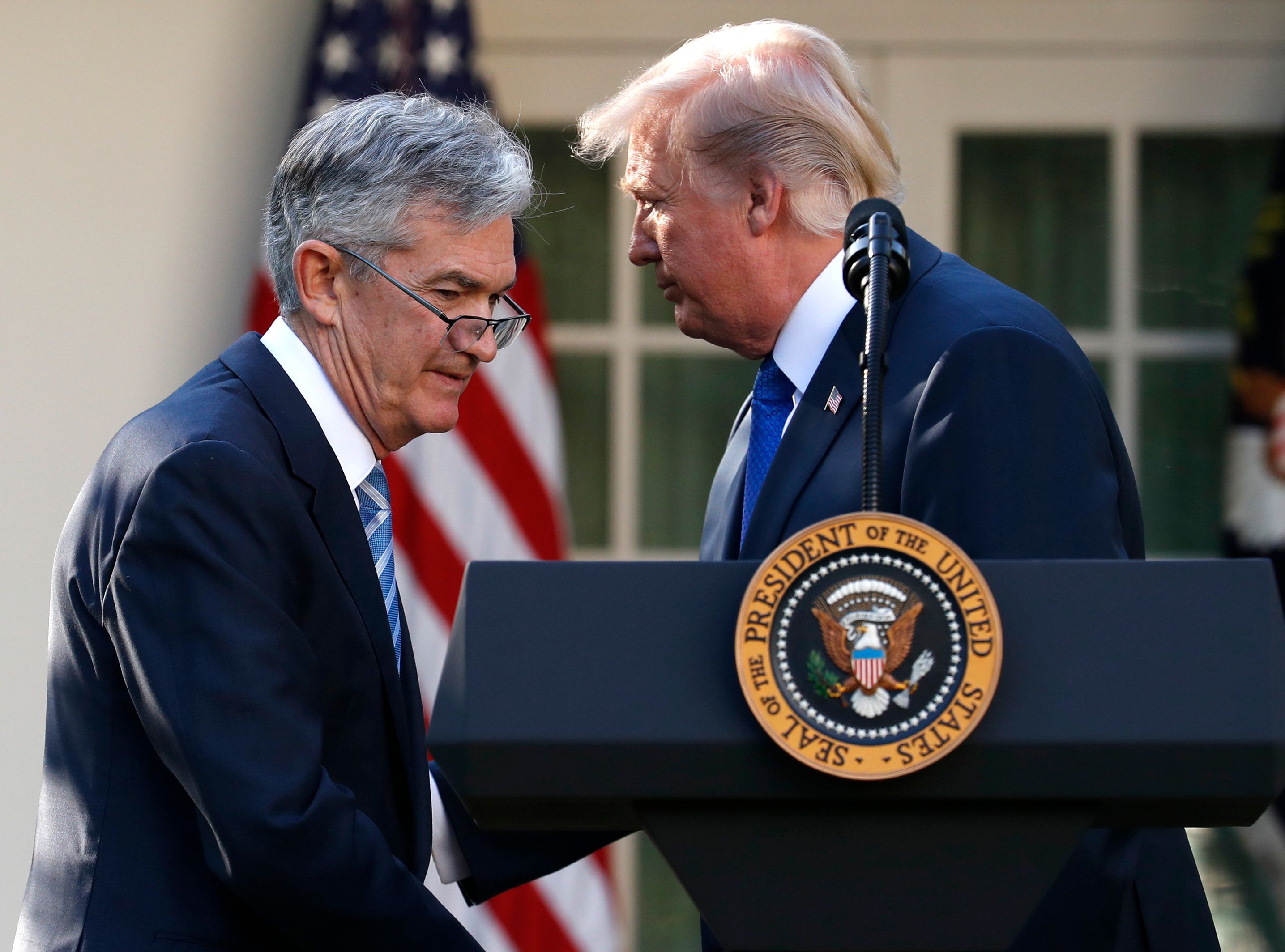
As inflation rises and political pressure mounts, Trump is targeting Fed Chair Powell — but legal precedent might not be on his side.
More recently, Trump appears to have backed down not only on firing Powell but also on his aggressive China tariff policy.
“145% is very high and it won’t be that high. It won’t be anywhere near that high. It’ll come down substantially. But it won’t be zero,” he stated. This marks a notable shift from his earlier pledge to “go as long as it takes.”
The President also extended an olive branch to Chinese President Xi Jinping after months of hostile rhetoric. “We’re doing fine with China,” Trump said, promising not to play hardball with Chinese president Xi Jinping. “We’re going to live together very happily and ideally work together,” Trump added.
“That’s a long way in three weeks from the declarations by White House aide Peter Navarro and Commerce Secretary Howard Lutnick that there would be no tariff-rate changes,” said an editorial of The Wall Street Journal (WSJ), referring to recent backtracking of the Trump administration on its tariff policy.
“It’s hard to see this as anything other than a retreat amid the harsh reaction of financial markets, worries about recession and price increases, and a sharply negative reaction from the rest of the world—friend and foe,” added the editorial, which recommended a U-turn like the late French Socialist President Francois Mitterand conducted after his leftist policies backfired in the early 1980s.
Wall Street: an unlikely Trump opponent
The WSJ, traditionally conservative in its editorial stance, has thoroughly covered Trump’s trade war, highlighting the long-term challenges the US faces. A recent front-page story was conspicuously headlined: “Trump Meets His Match: US Market.”
According to the WSJ, Trump may find it harder to go against Wall Street—the financial core of the American economy—than against federal workers or immigrants who were fired under DOGE on Elon Musk’s instructions. These have sparked off mass deportations under problematic conditions.
As the US stocks have tumbled, Trump faced vocal opposition from some top Wall Street operators like Jamie Dimon, JP Morgan Chase CEO, who suggested that the markets cannot function effectively under Trump’s high tariffs, urging an imminent dialogue with Chinese leadership. “America First is fine, as long as it doesn’t end up being America alone,” he said.
At a recent JPMorgan-hosted conference, Trump’s Treasury Secretary Scott Bessent, a hedge fund manager prior to his current cabinet position, also appeared to soften his tone. He admitted that the US needs to de-escalate the trade war with China, calling it “unsustainable” for both sides.
Previously, after China’s tit-for-tat tariff response, Bessent said that not the US but China needed to de-escalate because “this escalation is a loser for them” and they do not have “an edge” against Washington due to trade imbalance between the two nations.
However, Beijing remained firm, imposing a rare earth metals embargo on the US, much of whose rare earth minerals have been processed in China, bringing export controls on American firms and warning its trade partners not to bow down to US pressure. All these measures do not look like the acts of “a loser” or weaker as initially portrayed by Bessent.
Following Bessent’s more recent comments, global markets rallied, signalling once again that decoupling from China is an unpopular and risky idea—especially on Wall Street.
However, unlike US markets, top Chinese officials have not been impressed by neither Trump’s olive branch nor Bessent’s reach to Beijing. “As the saying goes, ‘He who tied the bell must untie it,’” said He Yadong, a spokesperson for China’s Commerce Ministry, during a press conference today.
“The unilateral tariff hikes were initiated by the US. If the US truly wants to resolve the issue, it should heed the rational voices of the international community and its own domestic stakeholders, fully remove all unilateral tariff measures against China, and find a way to resolve differences through equal dialogue,” he added.
Finally, a recent US poll on trade policy offered little political comfort and did not demonstrate friendly ground to the Trump administration: 84% of respondents supported free trade, while only 45% favoured high tariffs on foreign countries.
